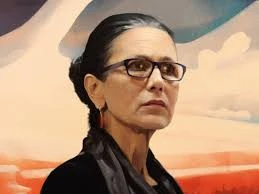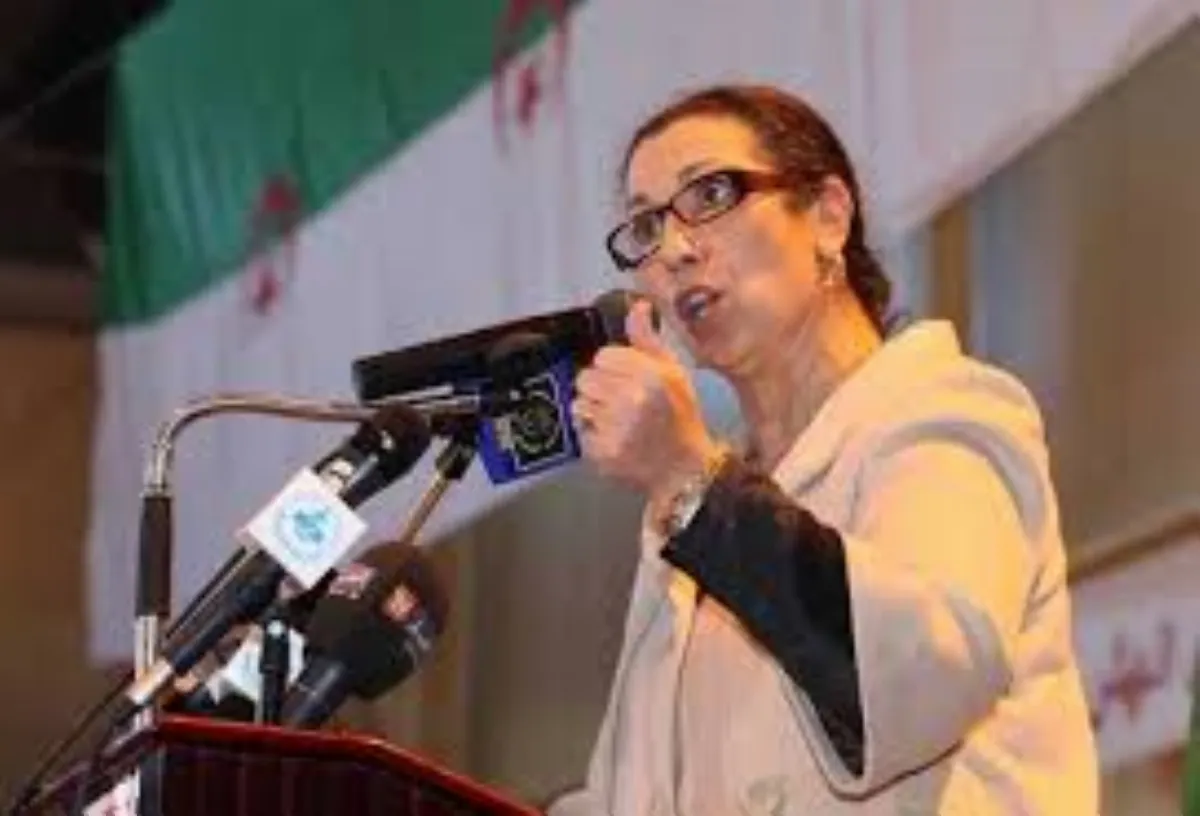Louisa Hanoune is a force for change in Algeria. Explore her fight for workers' rights, women's equality, and a more democratic nation.

When talking of perseverance and fight for social justice in Algeria, think Louisa Hanoune. She is the head of the Workers' Party (Parti des Travailleurs, PT), a prominent voice for the working class in the country. Beyond this, Hanoune's significance goes beyond her party affiliation.
In 2004, she became the first woman to ever run for President of Algeria, a bold move that thrust her onto the national and international stage.
Summary
- Louisa Hanoune is a prominent Algerian politician and activist.
- She is the head of the Workers' Party, which fights for workers' rights.
- In 2004, she became the first woman to run for President of Algeria.
- She founded the first feminist political party in Algeria and has tirelessly advocated for education, economic empowerment, and political participation for women.
Early Life and Education of Louisa Hanoune
Louisa Hanoune's life began amidst the turmoil of the Algerian War (1954-1962). Born in Chekfa, Jijel Province, her childhood was heavily influenced by the conflict. Her family, mountain peasants, were forced to flee their home after it was bombed by the French army. This displacement, a harsh reality for many Algerians during the war, marked the beginning of Hanoune's life journey.
Despite the hardships, Louisa's story is also one of breaking barriers. She became the first woman in her family to receive a formal education. With Algeria's newly established free and compulsory education system, she excelled in her studies. Her determination to learn extended beyond secondary school, leading her to pursue a bachelor's degree.
Louisa then set her sights on law studies, a path her father opposed. Undeterred, she persevered and obtained her law degree from the University of Annaba. Hanoune's unwavering dedication to education in the face of both wartime disruption and his father's resistance speaks volumes about her character and ambition.
Louisa Hanoune Political Career

Hanoune's commitment to social change began early. She joined the Trotskyist Social Workers Organisation, an illegal party at the time, and faced imprisonment for her beliefs. Even after the legalization of political parties in 1988, Hanoune continued to advocate for workers' rights and social reforms
Later, Hanoune became the head of Algeria's Workers' Party (Parti des Travailleurs, PT). Under her leadership, the PT emerged as a vocal critic of the government, particularly on issues related to economic policy and social welfare of the workers.
In 2004, Hanoune became the first woman in Algerian history to run for President. This act of courage sent a powerful message about political participation and gender equality in Algeria. While she did not win the election, her candidacy marked a significant milestone in the country's political landscape.
Hanoune's influence extends beyond Algeria's borders. She is a founding member of the International Workers and Peoples Party and a strong advocate for workers' rights on a global scale. She has participated in international conferences, spoken out against unfair trade practices, and campaigned for strong labor unions.
Louisa Hanoune Advocating for Change
In 2004, louisa did the unusual by attempting to be the first woman to ever run for President of Algeria. This wasn't just a symbolic gesture; Hanoune is a vocal advocate for social justice, workers' rights, and a strong democracy in her country.
Hanoune's platform centers around empowering the working class and ensuring a more equitable society. Specific policies she champions include:
- Increased protections for workers: Safer working conditions, a guaranteed minimum wage, and stronger union representation are all central to her vision.
- Improved social programs: She advocates for a social safety net that provides for the most vulnerable members of society, including expanded access to healthcare and education.
- Democratic reform: Hanoune believes in a transparent and accountable government, where the voices of the people are heard.
- Championing Women's Rights: Throughout her career, Hanoune has been a vocal advocate for a range of issues concerning women's rights.
Legacy of Louisa Hanoune
She demonstrated that women could be key players in shaping Algeria's political landscape by founding the Workers' Party. Her example inspired countless women to pursue political careers and engage in the democratic process.
Hanoune's voice was a powerful one in advocating for the advancement of Algerian women. She fiercely challenged the patriarchal Family Code, a system that limited women's rights.
Though Algeria continues to grapple with issues of gender equality and political inclusivity, Hanoune's legacy remains relevant. Her struggles serve as a reminder of the ongoing fight for women's rights and a more open political system. As Algeria navigates its future, Hanoune's unwavering commitment to social justice continues to be a source of inspiration
Conclusion
Louisa Hanoune's life and work stand as a testament to the power of perseverance and commitment to social justice. Her legacy is multifaceted, leaving an indelible mark on Algerian politics, workers' rights, and most significantly, the fight for gender equality.
Hanoune's journey as a political leader is an inspiration, particularly for Algerian women. She challenged societal norms, demonstrating that women can be powerful forces for change.

